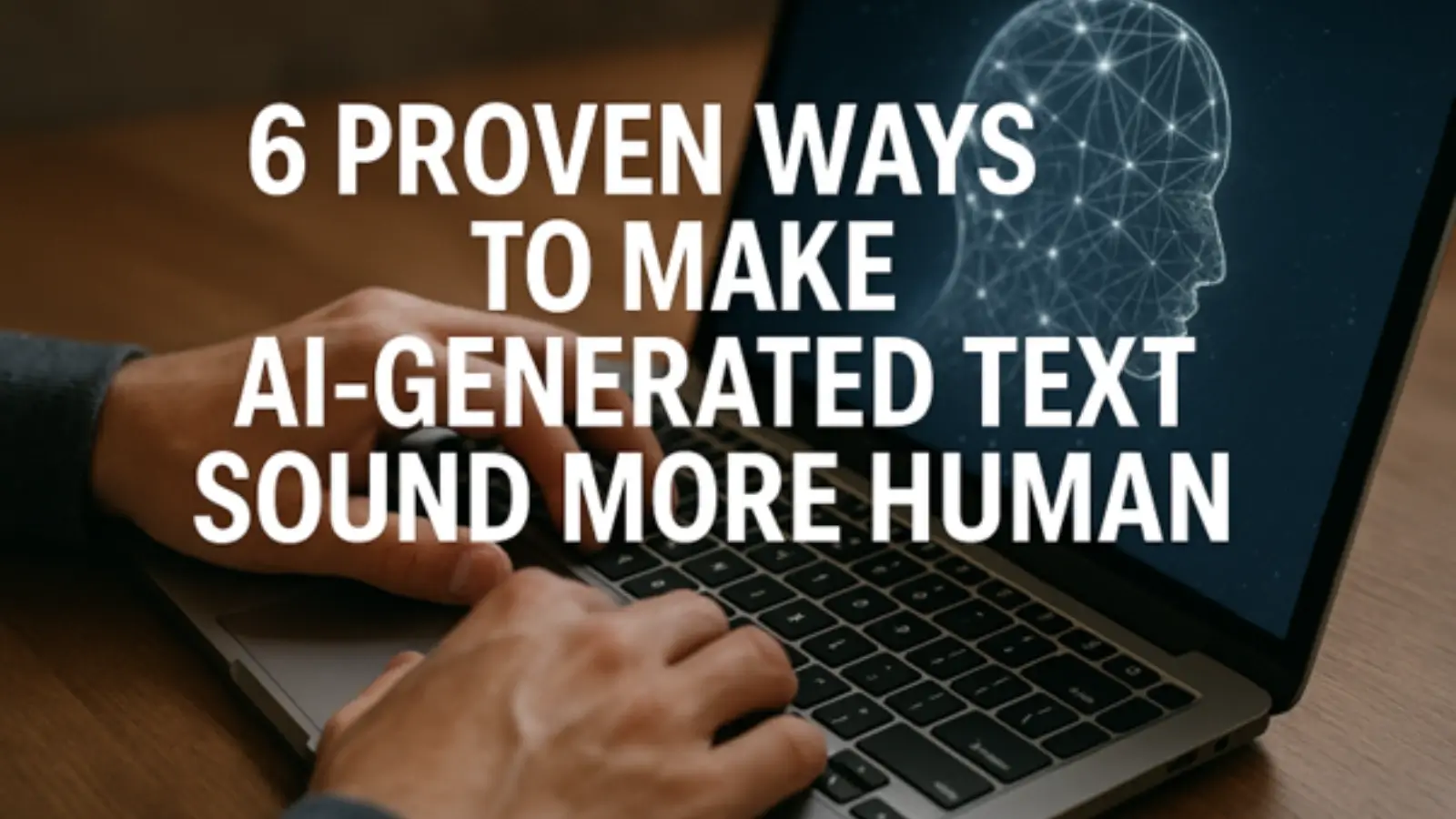The rapid rise of artificial intelligence (AI) has propelled it from a distant dream into a powerful force revolutionizing industries across the globe. While we often hear about consumer-facing innovations like chatbots, recommendation engines, and voice assistants, AI’s impact extends far beyond these applications. Behind the scenes, AI is reshaping core business functions, driving efficiency, reducing operational costs, and enhancing decision-making processes at every level. As industries continue to embrace this technology, the boundaries of innovation are constantly being redefined.
The Expanding Role of AI in Business Operations
At its core, AI is revolutionizing the way businesses operate. It is no longer just about automating repetitive tasks or analyzing vast datasets. Today, AI is being integrated into decision-making processes to provide real-time, data-driven insights that empower organizations to make smarter, more informed choices. One of the most promising AI-driven trends is the development of decision support systems that harness machine learning algorithms to analyze data and predict outcomes.
In healthcare, these decision support tools are saving lives by offering predictive insights that help clinicians intervene earlier. By analyzing patient data like vital signs, lab results, and medical histories, AI can predict potential health declines, prompting timely action and reducing hospital readmissions. This not only improves patient outcomes but also helps healthcare providers optimize their resources and reduce unnecessary costs.
In the financial sector, machine learning models are transforming how firms assess risks and identify investment opportunities. These systems use data from global markets, consumer behavior, and historical trends to make precise forecasts that assist in optimizing portfolios, identifying growth opportunities, and managing risk. The ability to leverage AI for such strategic decision-making has made financial institutions more agile, allowing them to respond quickly to market changes with a level of insight that was previously unattainable.
AI-Powered Content Generation and Productivity Tools
As businesses continue to integrate AI, another key trend is the emergence of AI-driven content generation tools. These platforms are significantly reducing the time and effort required to create content for marketing campaigns, social media, blogs, and reports. Intelligent writing assistants use AI to streamline the writing process, allowing teams to focus on higher-value creative and strategic tasks while automating routine and repetitive content creation. This shift is enabling businesses to maintain a consistent digital presence with far less manual effort.
On the productivity front, AI is also revolutionizing how companies approach employee efficiency. AI-powered productivity tools are being adopted to analyze employee work patterns and suggest task management strategies. These systems can identify low-value tasks that can be automated or streamlined, allowing employees to focus on higher-priority work. As AI continues to evolve, we’re likely to see even more sophisticated solutions that offer personalized work strategies tailored to individual strengths, ultimately boosting both productivity and job satisfaction.
Key Challenges in Integrating AI
While AI offers enormous potential, businesses must approach its integration thoughtfully to ensure successful adoption. One of the major challenges lies in data quality. AI models rely on high-quality data to function effectively. Inaccurate, incomplete, or biased data can lead to unreliable results, undermining the value of AI-powered solutions. Companies must invest in robust data management strategies to ensure their AI models are trained on the best possible information.
Ethical concerns also loom large in the AI landscape. As AI becomes more autonomous, organizations must be mindful of issues such as privacy, data security, and the potential for algorithmic bias. Ensuring transparency in AI decision-making processes is critical to maintaining consumer trust and safeguarding against unintended consequences. Businesses need to adopt responsible AI practices to ensure their systems are fair, ethical, and compliant with regulations.
Human-AI Collaboration: The Future of Work
Another consideration in AI adoption is the need for human oversight. While AI can assist in making data-driven decisions, it should not replace human judgment. In sectors like healthcare and finance, where high-stakes decisions require empathy, ethics, and nuance, maintaining human involvement is crucial. The key to successful AI integration is fostering collaboration between human expertise and machine intelligence. Organizations must ensure that employees undergo AI training to work effectively alongside AI systems, leveraging them as support tools rather than viewing them as replacements.
Conclusion: Unlocking the Potential of AI for Innovation
The AI revolution is far from over. As businesses continue to explore AI’s capabilities, we are witnessing a shift in how organizations approach innovation. From decision support systems that improve business strategy to AI-powered tools that enhance productivity, the technology is transforming every facet of industry. By addressing challenges such as data quality, ethical concerns, and the need for human oversight, businesses can unlock AI’s full potential and harness its power to drive both innovation and efficiency. As industries continue to evolve, AI will undoubtedly remain at the forefront of technological transformation, ushering in an era of smarter, more agile operations.


















